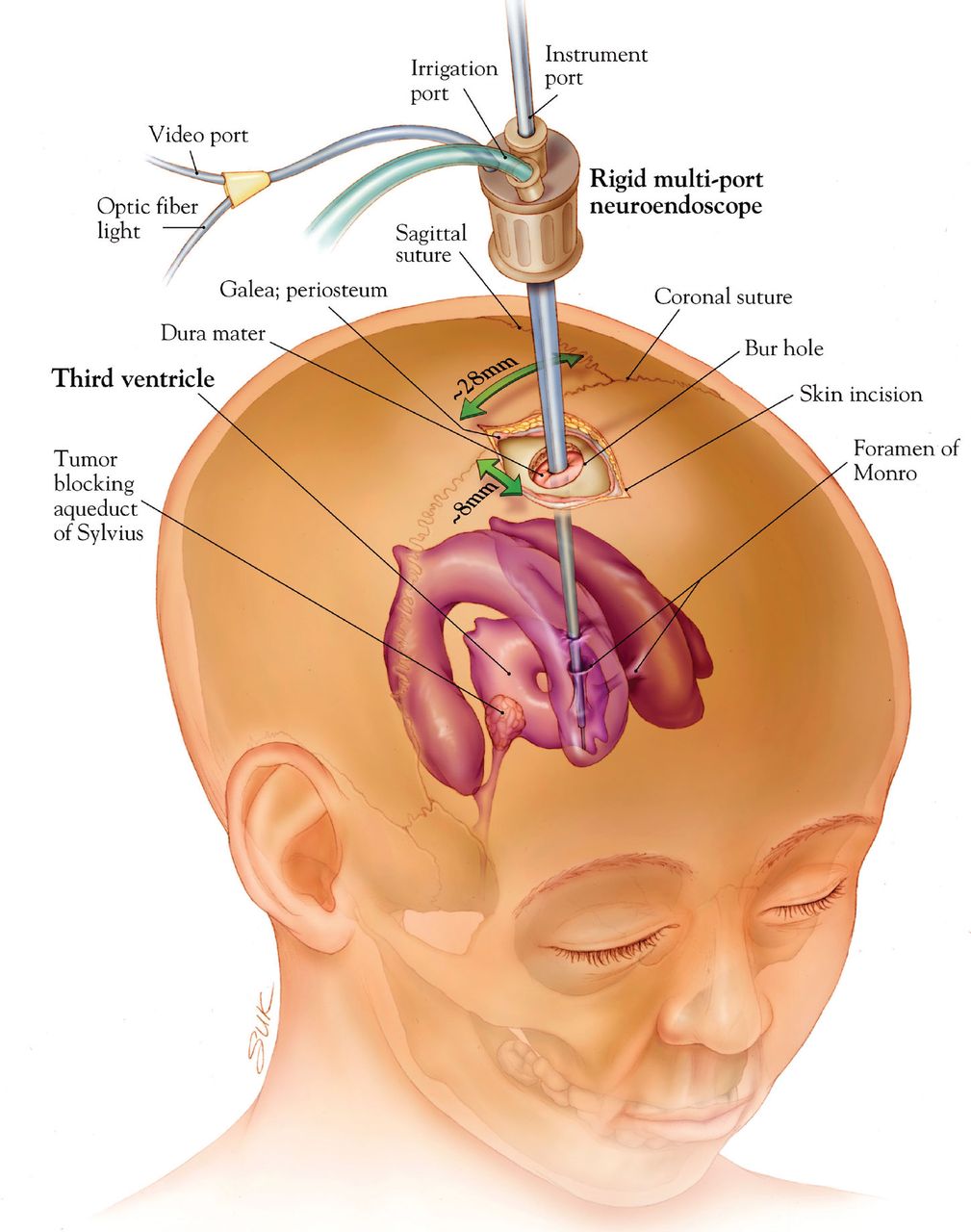At Goutam Neuro Care, located in KPHB and Kompally, Hyderabad, we specialize in Endoscopic Neurosurgery, a revolutionary approach to treating brain and spine conditions. This minimally invasive technique ensures faster recovery, reduced pain, and minimal scarring, allowing patients to return to their normal lives sooner. Our advanced endoscopic spine surgery in Hyderabad is performed by highly skilled and experienced surgeons, ensuring the best outcomes for our patients.
Endoscopic neurosurgery is ideal for treating conditions like herniated discs, spinal stenosis, and other complex neurological issues with precision and care. Our team of the best endoscopic spine surgeons in Hyderabad is dedicated to offering personalized treatment plans tailored to each patient’s unique needs. Using state-of-the-art technology, we deliver results that are both effective and long-lasting.
Trust Goutam Neuro Care for exceptional care and unmatched expertise in endoscopic spine surgery in Hyderabad. If you’re looking for doctors for neuro endoscopy treatment in Hyderabad, visit us and experience world-class care in the heart of the city. Let us help you achieve a healthier, pain-free life! This technique empowers neurosurgeons to:
Neuroendoscopy employs small, flexible, illuminated tubes known as endoscopes to visualize different regions of the brain, skull base, or spinal cord through tiny openings. Serving as miniature microscopes, endoscopes magnify crucial anatomical structures, facilitating the surgeon's clear view of areas requiring repair, removal, or replacement. The procedure is conducted while observing a monitor displaying real-time video magnification from the endoscope. The remainder of the surgery follows techniques similar to open surgery but necessitates special instruments, resulting in less retraction and a reduced risk of injury to the brain.
Endoscopic neurosurgery earns its classification as minimally invasive due to the significantly reduced intrusion into anatomical structures compared to conventional surgery. In general, procedures like endoscopic neurosurgery do not necessitate large incisions on the scalp or skull, nor do they involve extensive dissection through brain tissue. This approach results in expedited and simplified procedures, leading to substantially decreased post-operative complications, quicker recovery times, and minimized pain and scarring. Importantly, the actual removal or repair of the issue is executed as effectively, safely, and comprehensively as in conventional "open" surgery.
In intracranial surgery, endoscopes are introduced into the brain through minute openings in the skull. Subsequently, tiny instruments may be inserted through the same opening to conduct procedures such as endoscopic tumor biopsy, colloid cyst resection, endoscopic cyst fenestration, and the treatment of hydrocephalus. The duration of these operations can vary, ranging from approximately 15 minutes to an hour. Typically, patients are discharged from the hospital the day after the procedure.
Endonasal (through the nose) neurosurgery is commonly utilized for treating various conditions, including pituitary tumors, meningiomas, and chordomas. The flexibility of the endoscope allows the surgeon to navigate different areas, facilitating the treatment of brain tumors in various locations. Additionally, the surgeon can direct the endoscope downward to gain a clear view of the palate and the back of the throat, enabling operations on the top of the spine and the base of the skull. Post-surgery, patients are typically discharged within two to four days, with the duration influenced by factors such as the tumor size and overall functioning.
While each patient’s medical history, age, condition and other factors play a role in the outcome of endoscopic brain surgery, here are some of common benefits associated with the procedure:
 Endoscopic Neurosurgery
Endoscopic Neurosurgery
© Goutam Neuro Care. All Rights Reserved. Developed & Digital Marketing by DGTAL HEALTHCARE MARKETING AGENCY